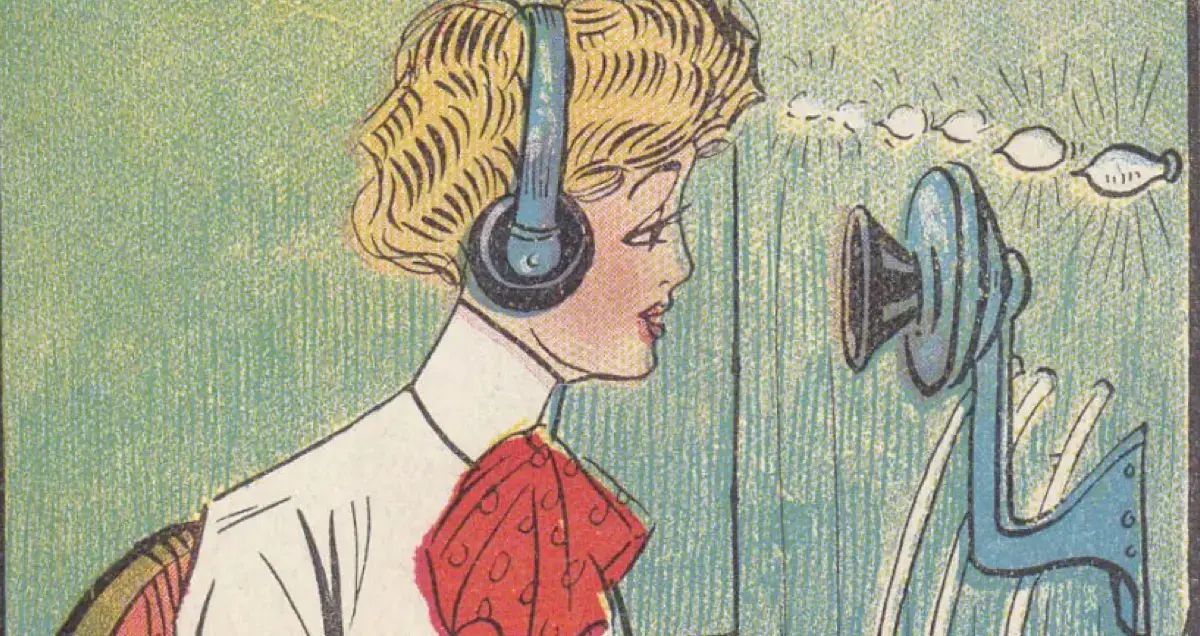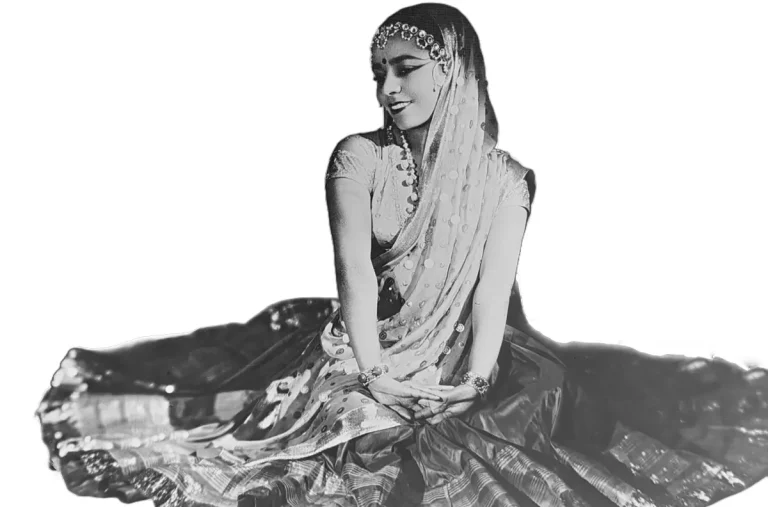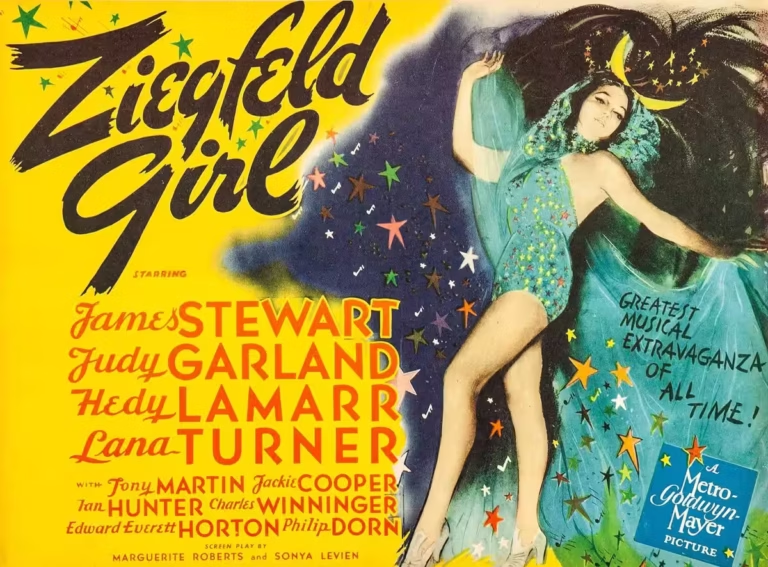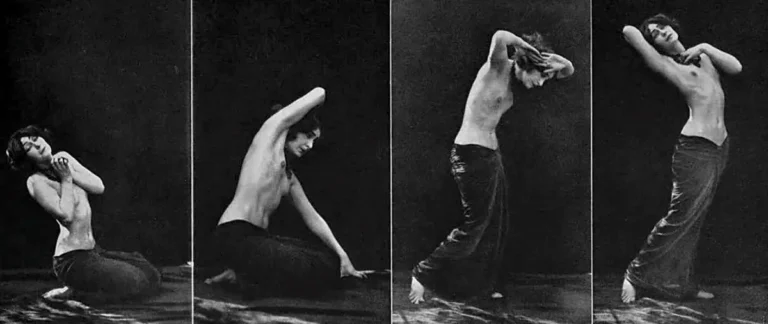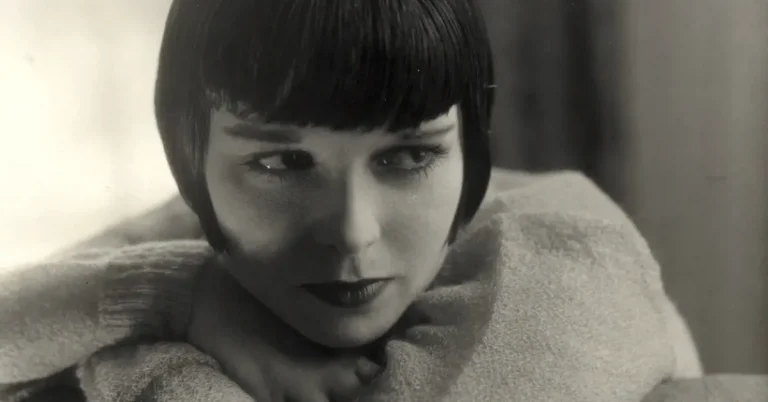“Hello Girls” Were the 1st Telephone Operators: An Astonishing Change for Single Women
Revised March 26, 2025
The telephone and “Hello Girls” were wildly disruptive when they arrived at the end of the 19th century. They were radical innovations that brought change, not the least for single women, both in the workplace and in the male imagination.
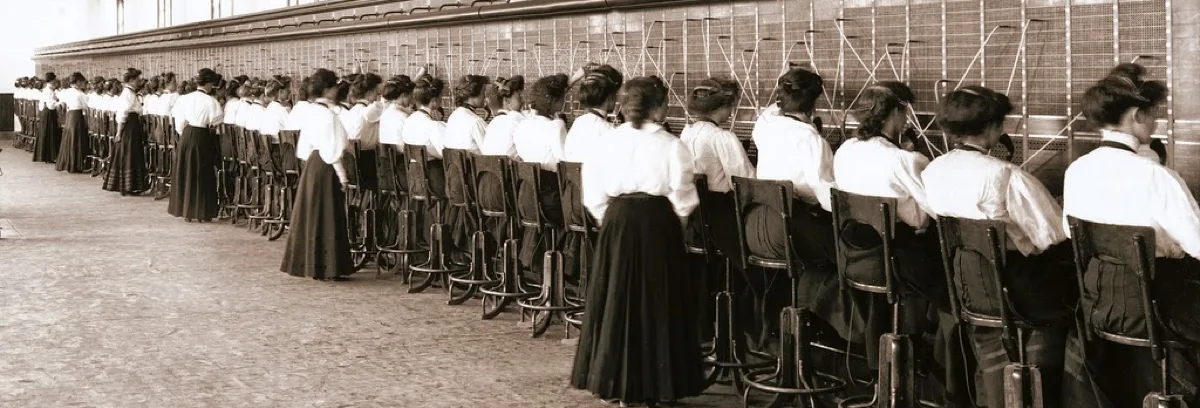
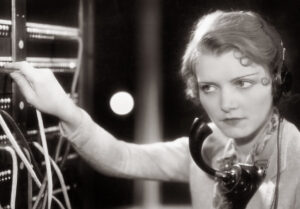 Women dominated the ranks of telephone operators early on, starting with Emily Nutt in 1878 Boston. The teenage boys handling the job before her were rude and swore on the line. Miss Nutt, however, was polite and used her soothing and cultured voice to charm customers.
Women dominated the ranks of telephone operators early on, starting with Emily Nutt in 1878 Boston. The teenage boys handling the job before her were rude and swore on the line. Miss Nutt, however, was polite and used her soothing and cultured voice to charm customers.
Hello Girls: A New Profession for Single Women
Nutt opened a new profession for single women (married ladies of the time were expected to devote all their energy toward keeping house). Telephone work was more appealing to women than laboring in a factory or sweatshop. And exchanges were eager to hire women because they did the job better than men even though they were paid less.
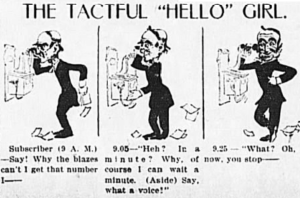
By the early 1900s, female telephone operators had captured the public imagination. Some of the interest arose in connection with ideas about “the New Woman,” who was independent, educated, and socially engaged figure who challenged traditional gender roles through her pursuit of work, education, and personal freedom.
Fascination centered around notions of the operator as a romantic object who blends flirtation with customer service.
Some men developed robust fantasies in connection with the “sweet symphony” of female voices heard on the line.
Newspaper pieces such as “Won Hello Girl by ‘Phone” in the 1902 New York Evening World boosted such ideas. The story detailed how a man implored an operator to “connect me with your heart.” According to the article, she did so and the couple married.
World War 1 and the Hello Girls
World War 1 brought female telephone operators into the U.S. Army, where they were also referred to as Hello Girls. Formally known as the Signal Corps Female Telephone Operators Unit, the women were originally considered civilians employed by the military but were granted status as veterans in 1977. A Broadway musical, The Hello Girls, premiered in 2018. The show is described as “From New York to Paris, from ragtime to jazz — an ensemble of actor-musicians chronicles the story of America’s first women soldiers. These intrepid heroines served as bi-lingual telephone operators on the front lines, helping turn the tide of World War I. They returned home to fight a decades-long battle for equality and recognition, paving the way for future generations.”
Female Telephone Operators in the Movies
The theme of female operators and romance (welcomed or not) found its way into several early motion pictures. Mr. Flip (1909) features a serial harasser of women in the workplace. The women, however, come up with unique punishments to inflict upon him, including an operator who “electrocutes him a little.”
The Telephone Girl and the Lady (1913) Tells the story of a plucky operator who learns of a jewel theft over the wire, calls the police, and finds love with the responding officer.
Hello, Mabel (1914) has Mabel Normand playing “the Hello Girl” who must contend with “The Married Flirt” and “The Married Flirt’s Wife.”
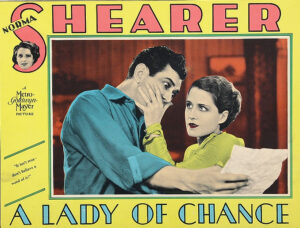 A Lady of Chance (1928) stars Norma Shearer as Dolly “Angel Face” Morgan, a grifter who uses her job as a telephone operator to connect with wealthy gentlemen.
A Lady of Chance (1928) stars Norma Shearer as Dolly “Angel Face” Morgan, a grifter who uses her job as a telephone operator to connect with wealthy gentlemen.
Fascination with telephone operators declined along with their numbers. After hitting a peak of about 235,000 in 1930, the job category steadily declined as technology permitted direct calls. In 2021, the Bureau of Labor Statistics reported a total of just 5,000 workers classified as “telephone operators.”
Even the telephone itself, once monumentally innovative, is fading in popularity among younger people. Millennials, according to Forbes, are determined to “avoid phone calls — at all costs.”
Things may be starker still for women born after 1998. A 2019 study found that Gen Z women are overwhelmingly pessimistic about the impact of technology on society, perhaps due to the troubling prevalence of gender-based harassment on the internet.

